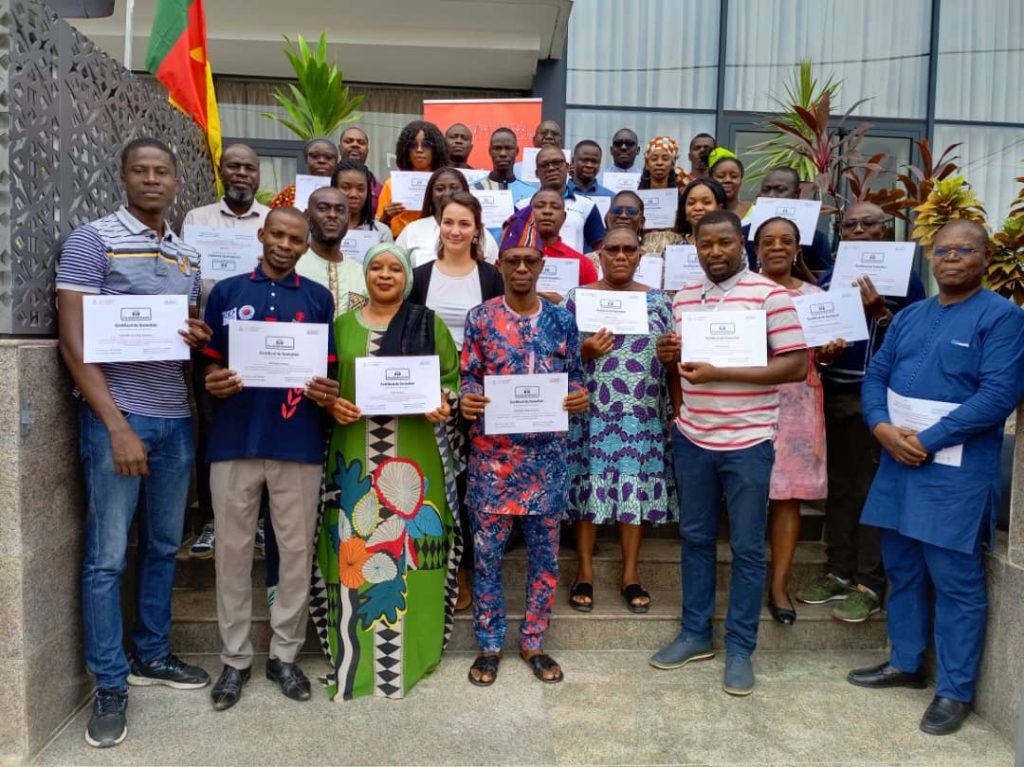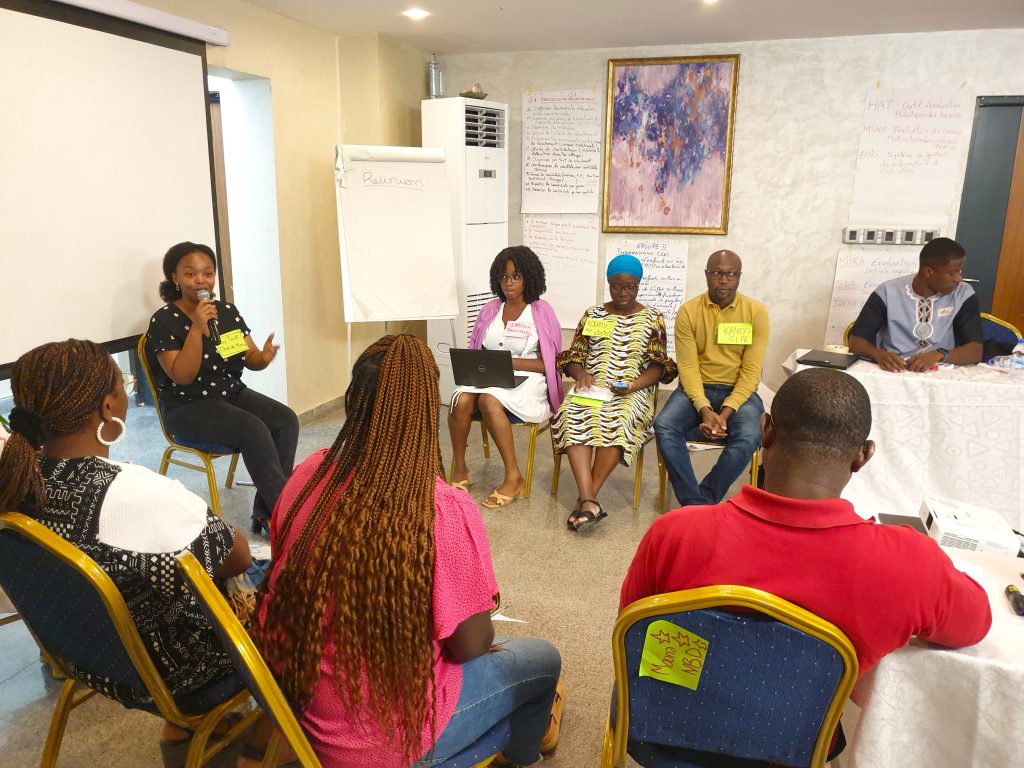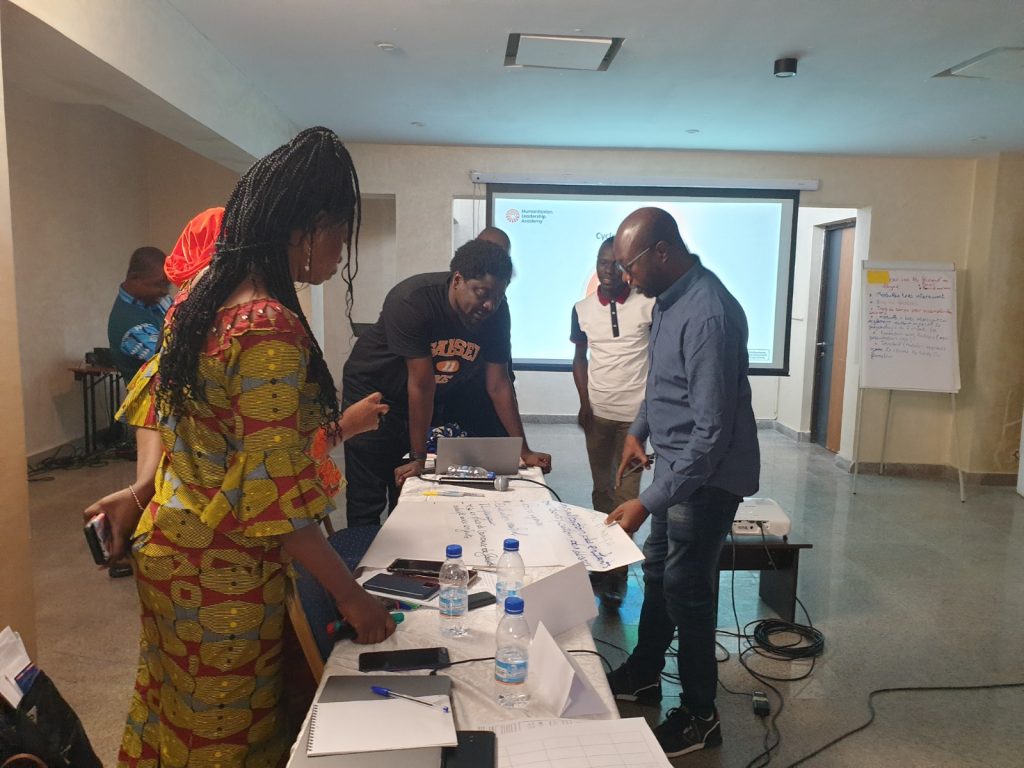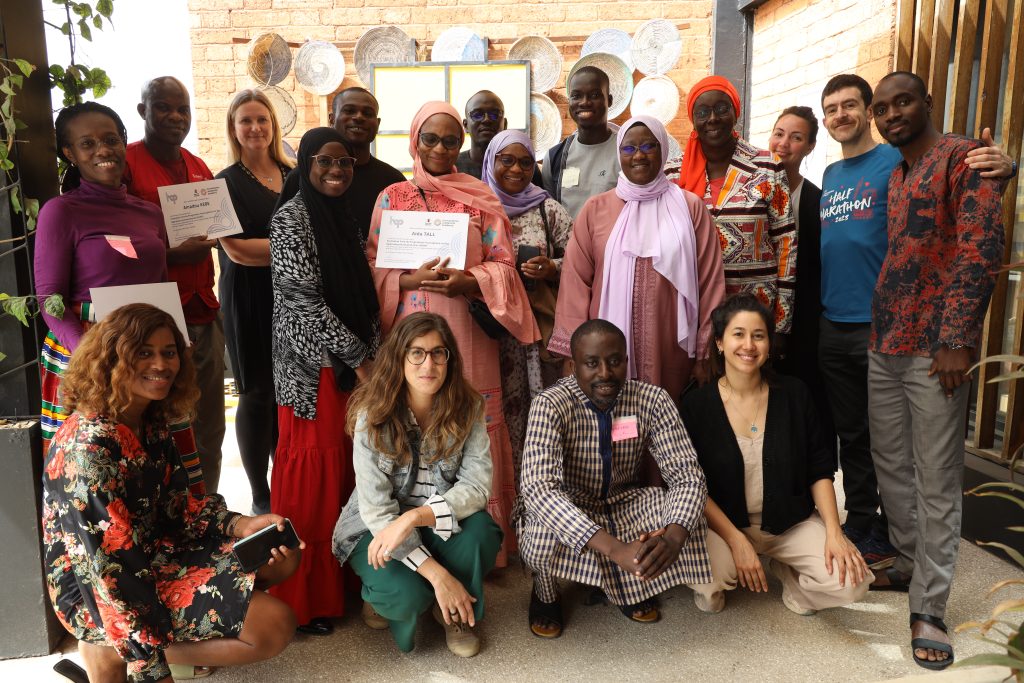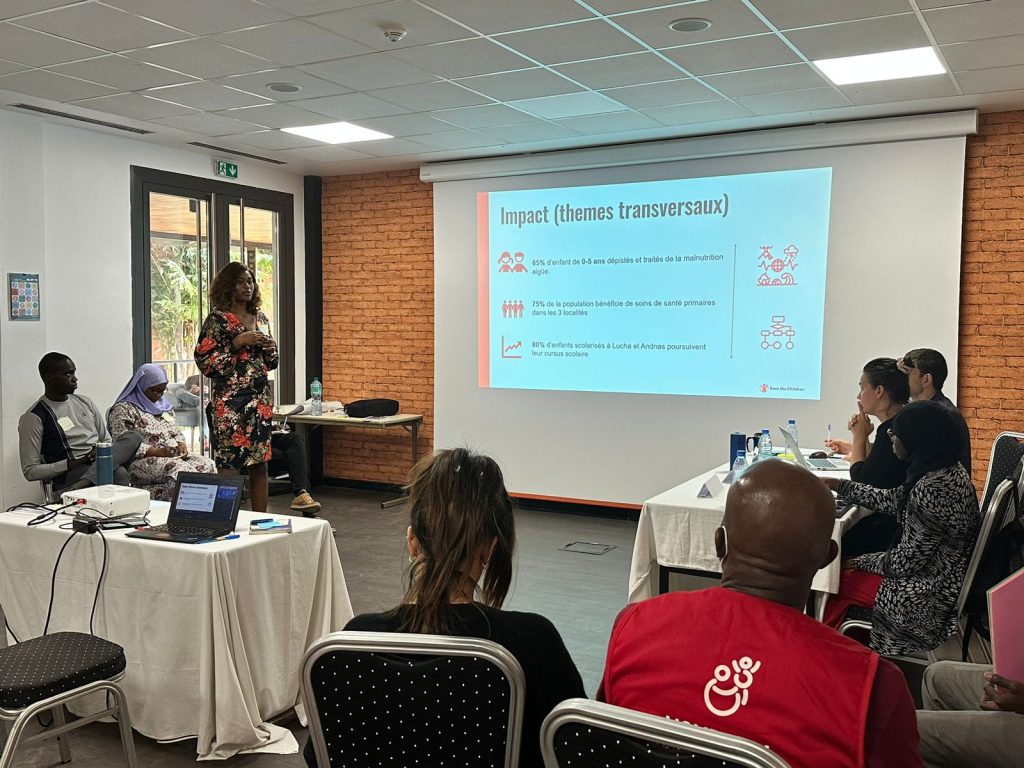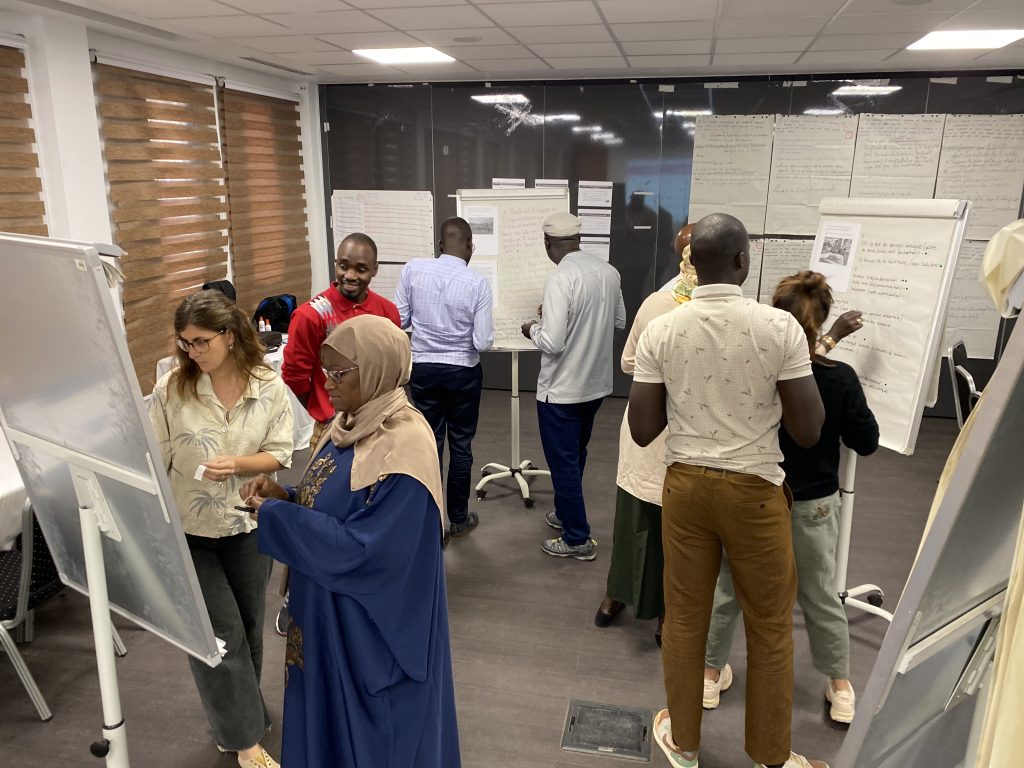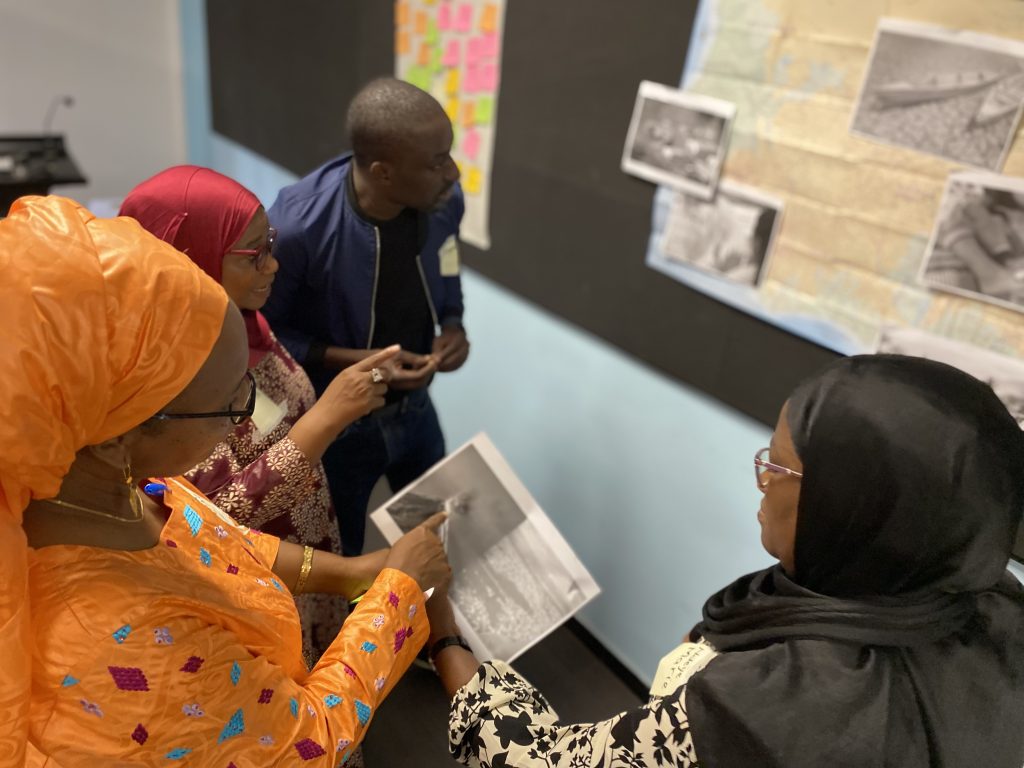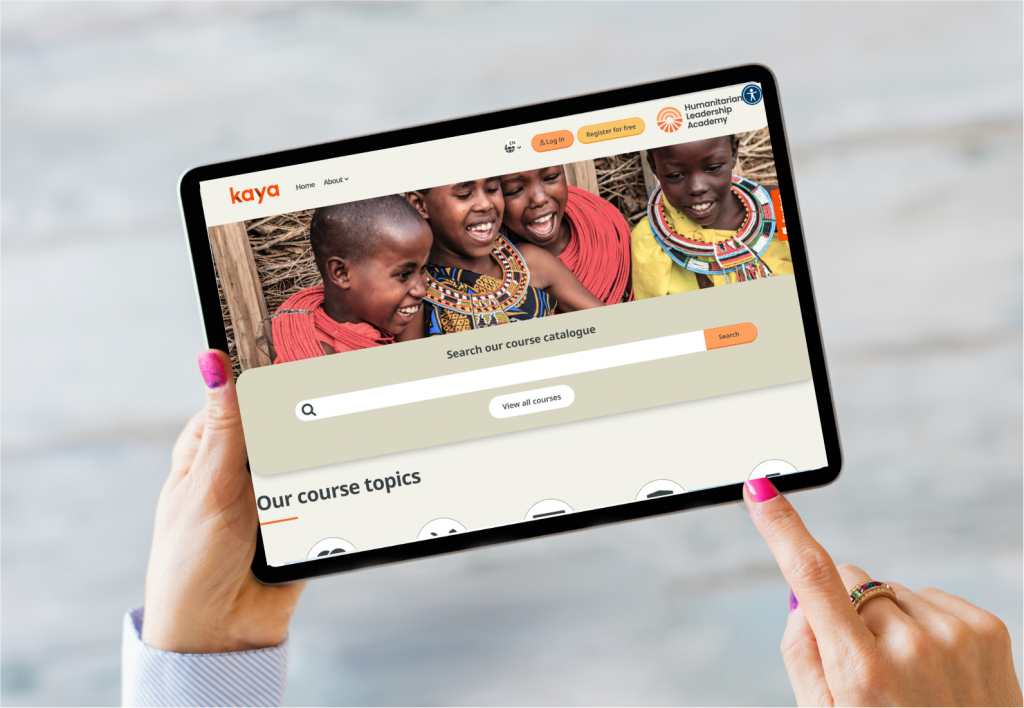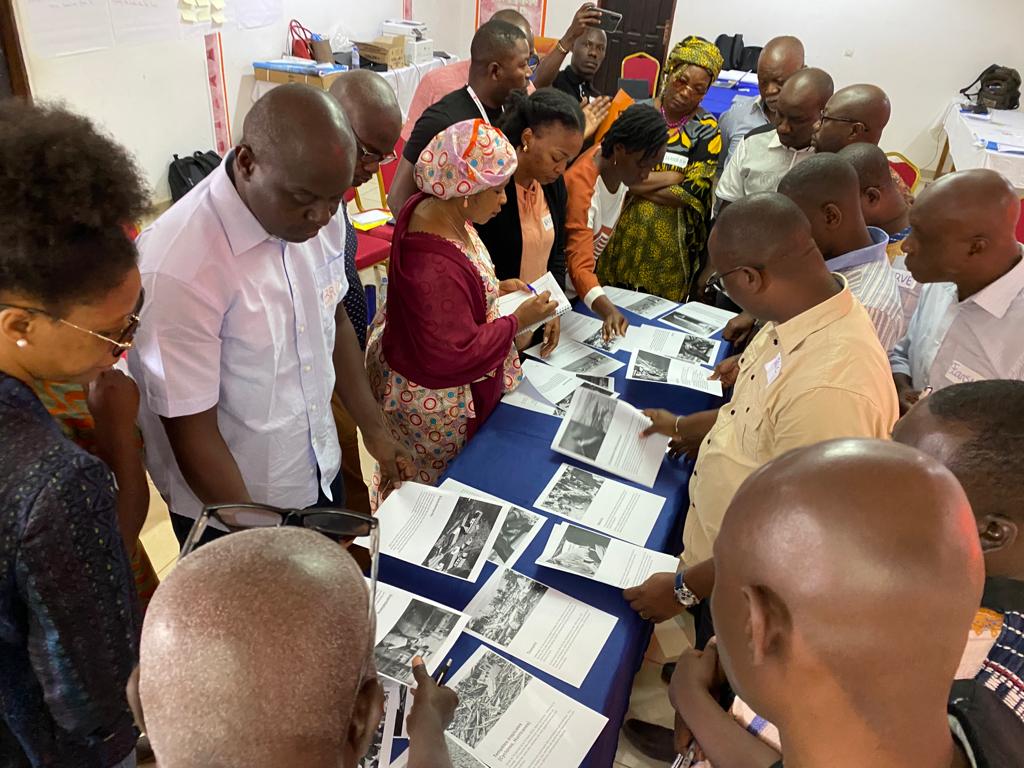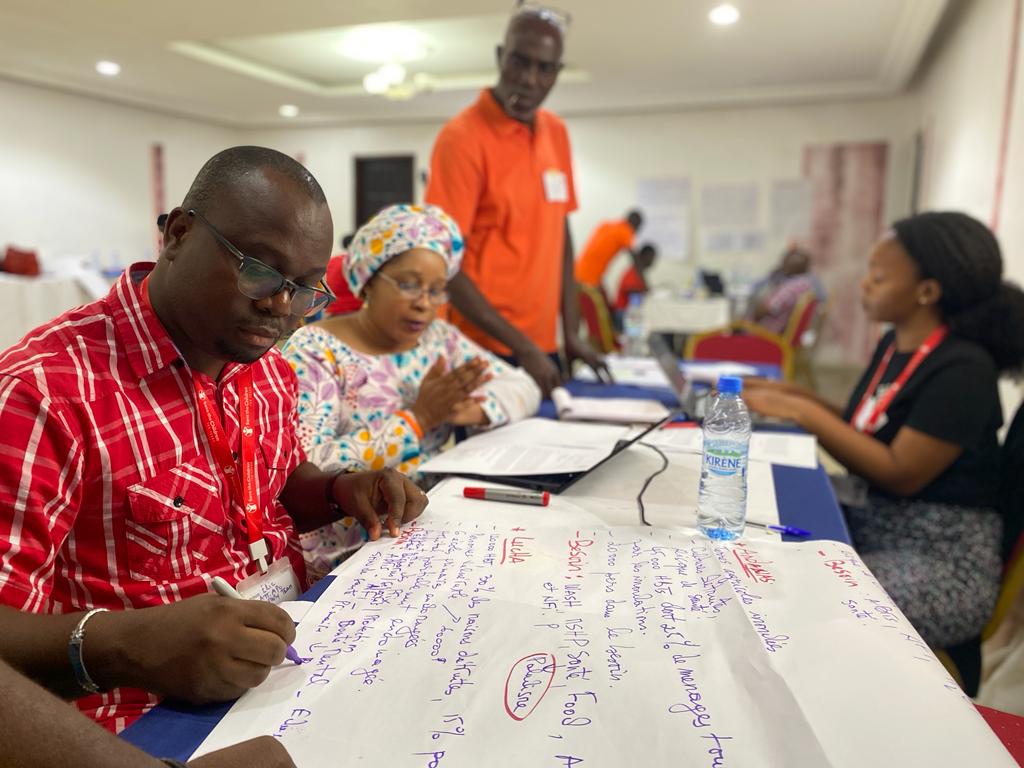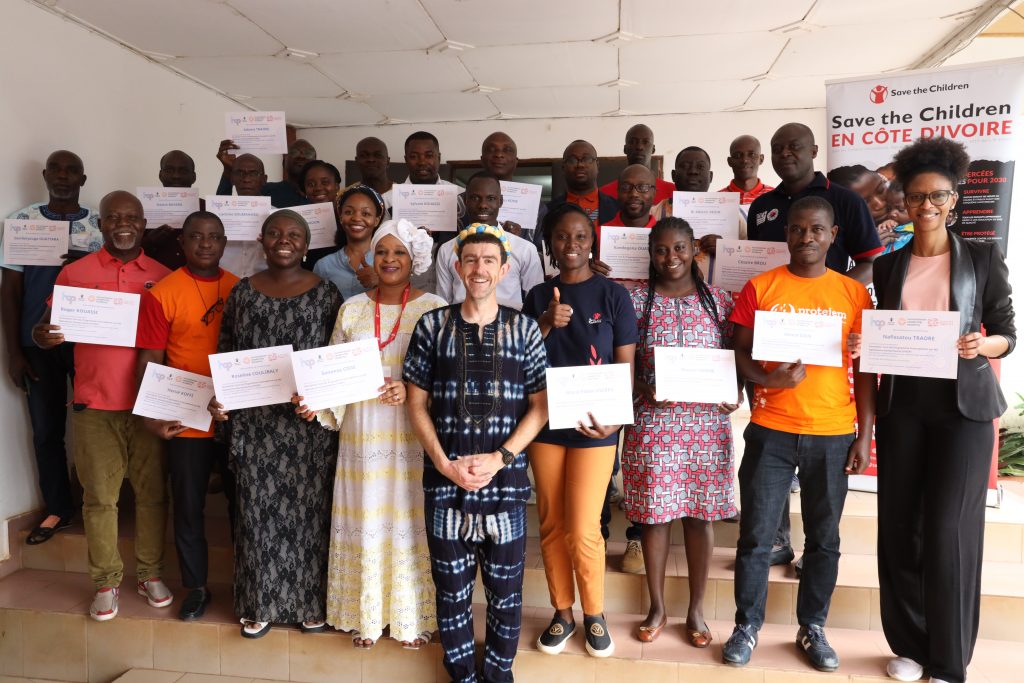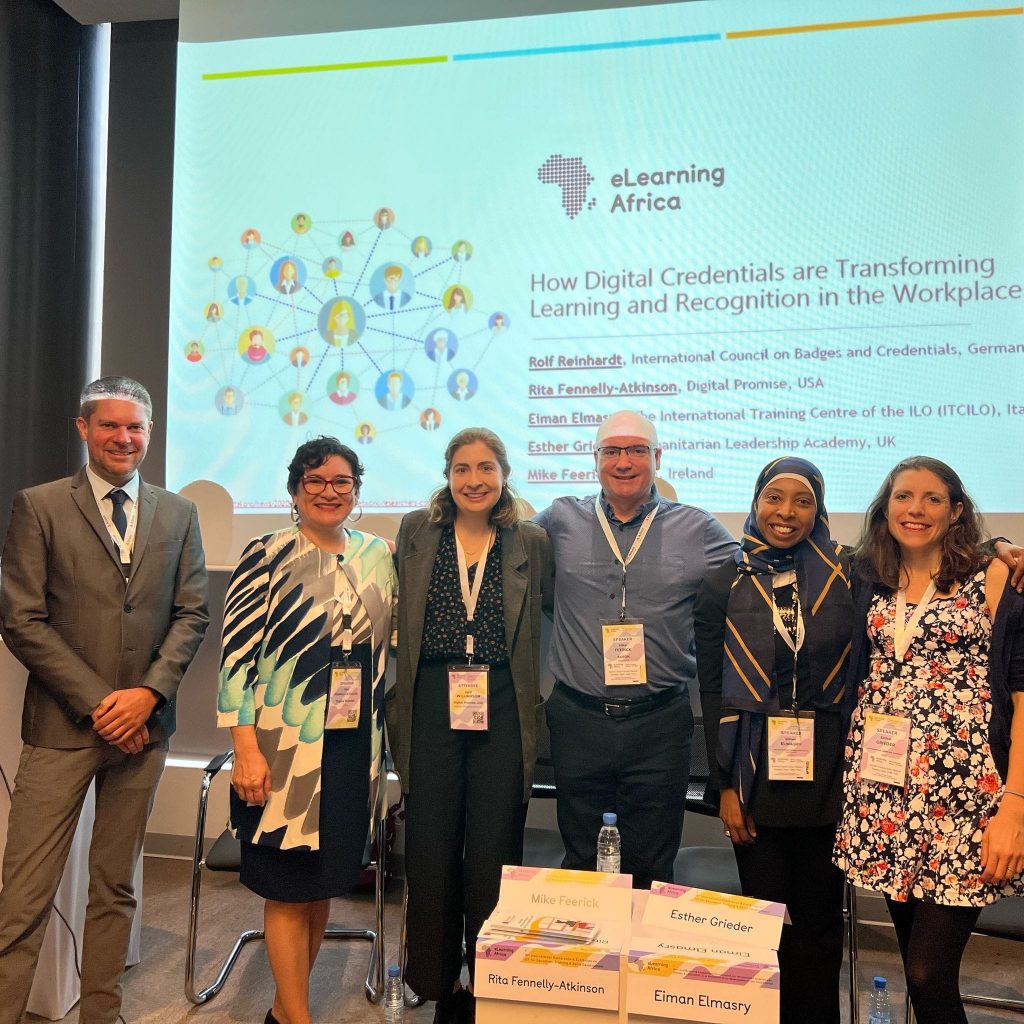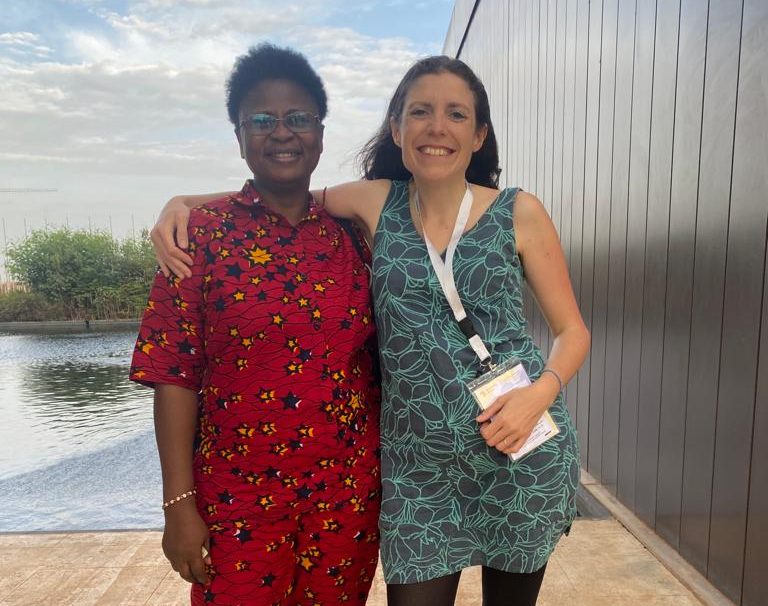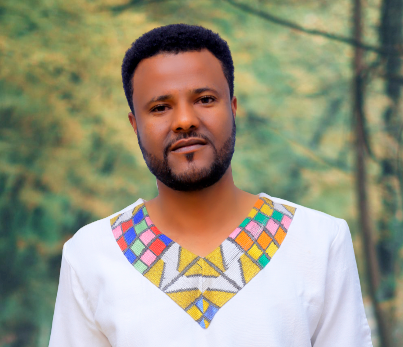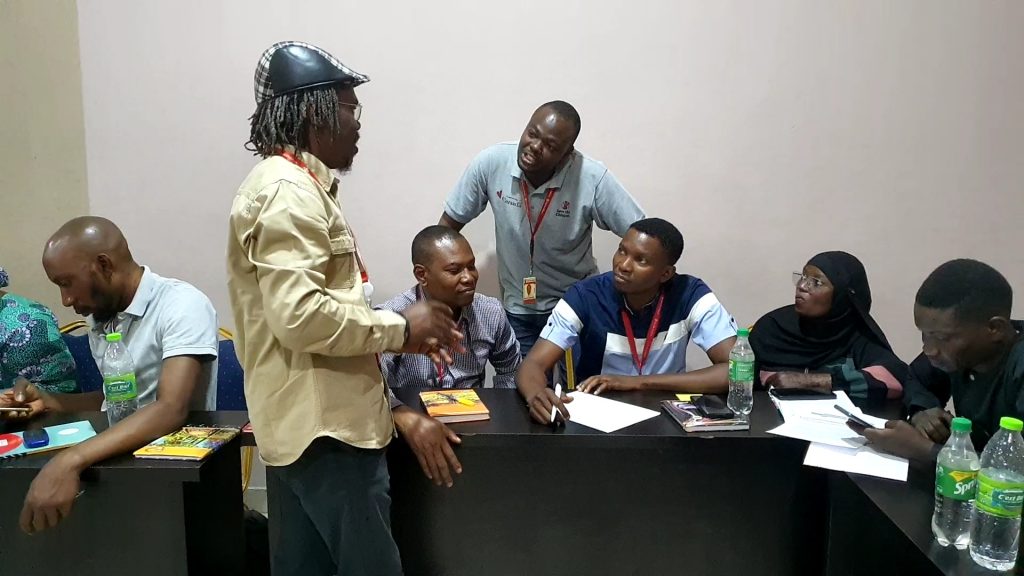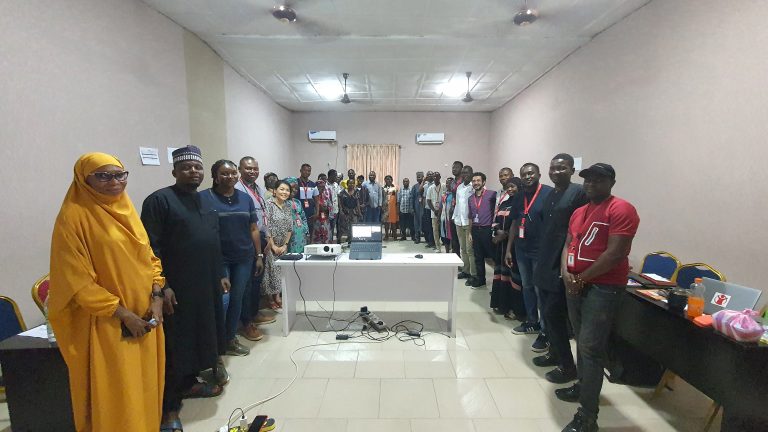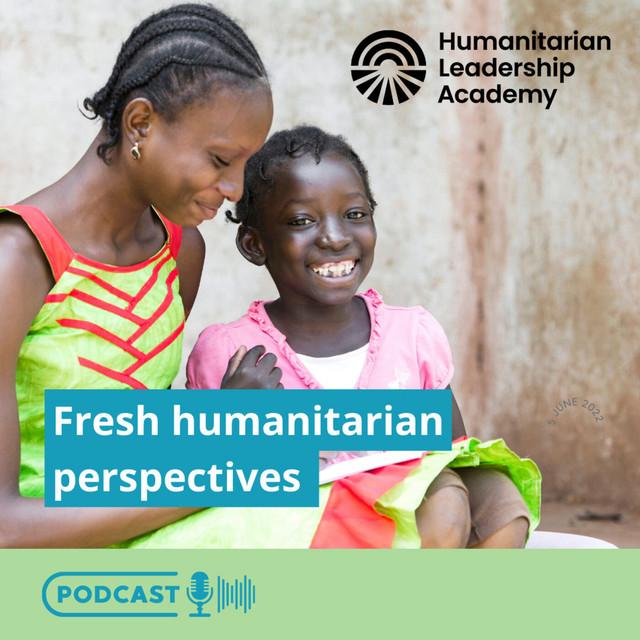Led by the HLA’s West and Central Africa team, twenty-four humanitarians from the Education Cluster working group including local organisations (18), government organisations and international non-governmental organisations from a range of districts across Nigeria attended a five-day Education in Emergencies training in Abuja, in mid-February 2024.
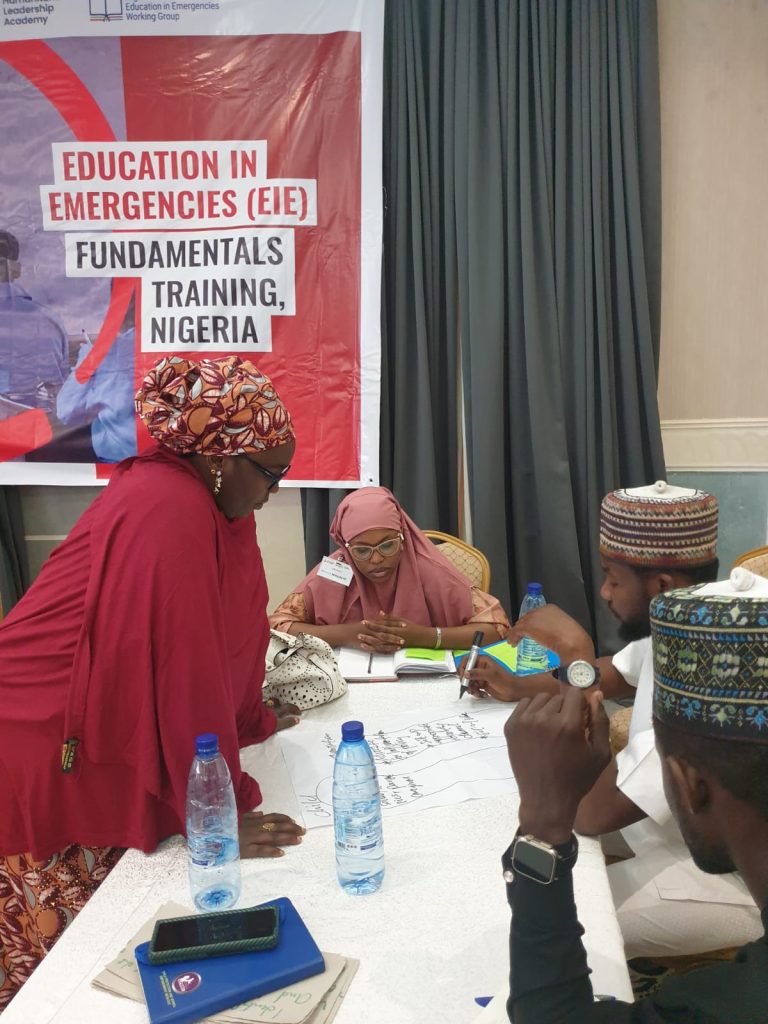
The Education in Emergencies Fundamentals course is a blended learning course designed to provide professionals with the essential skills needed to initiate, design, and implement an emergency education response in their specific context. In some instances, these professionals have limited access to training and professional development opportunities.
Prior to the five-day face-to-face training, participants on this course completed Foundations of EiE, the first module of EiE which is available on Kaya. The in-person training was then adapted to meet the specific needs in the Nigerian context. For example, a module on the Safe Schools Declaration was included, due to a high number of attacks on schools and children.
This additional module was developed in partnership with the Regional EiE Professional Development Programme (PDP) Manager in West and Central Africa, Global Coalition for Protecting Education from Attack (GCPEA) and an EiE expert from Save the Children International.
Samira Galadima, Program Manager of Adda Girl Education Foundation (NNGO) and a course participant said:
“Throughout this comprehensive program, we delved deep into the core principles and practices of EiE, gaining invaluable insights into how education can be sustained and prioritised even in the midst of crises. From understanding the fundamentals to navigating cross-cutting issues, child participation, and safeguarding protocols, every aspect was meticulously explored. Thank you for the opportunity to deepen my understanding and contribute to building more resilient and inclusive education system in Nigeria and beyond!”
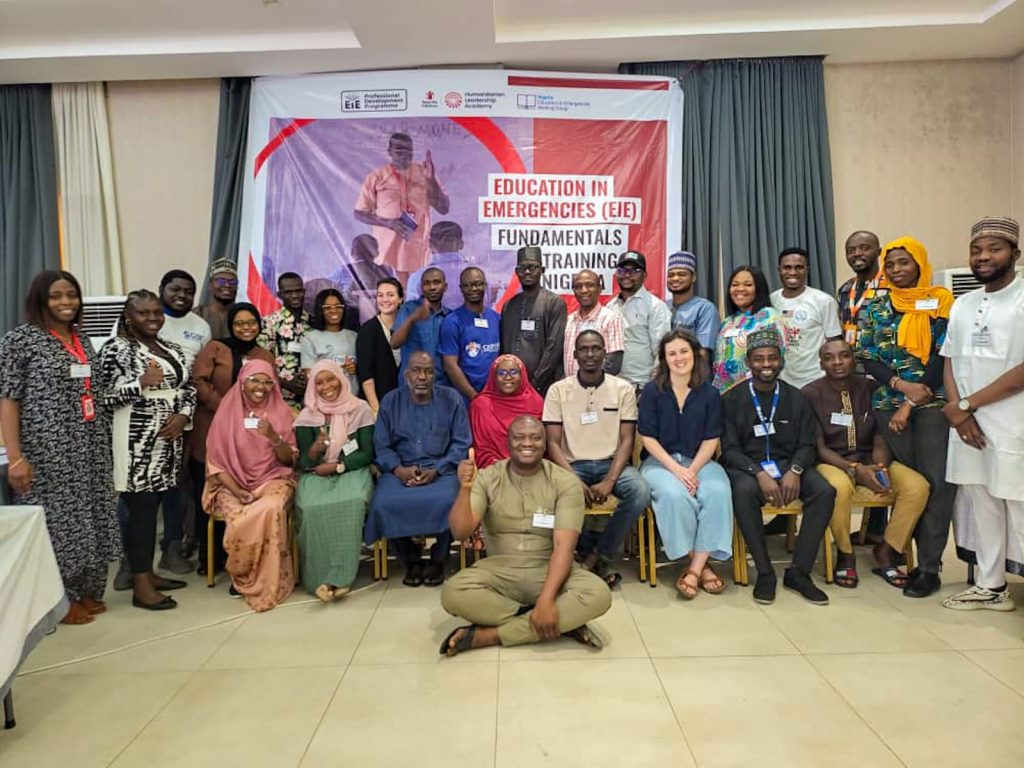
Strengthened capacity
Two recent graduates of the EiE Certificate in Advanced Studies (CAS), an EiE specialist and two HLA colleagues delivered this course with the support of Save the Children Nigeria’s Education Technical Assistants and Cluster co-coordinators.
This was an excellent opportunity for the recent CAS graduated as it provided a platform to further develop their facilitation skills whilst capitalising on their contextual EiE expertise. It also provided a more sustainable approach to follow up, arrange further trainings and possibly create a community of practice for EiE within the region.
Mahjuba Nuruddin Maisikeli, an Education Assistant from American University of Nigeria who participated in the course said:
“In this training, I’ve gained valuable insights into various aspects of emergency response in education, including safe school declarations, gender inclusion, and conflict sensitivity. As a field staff member, these learnings are crucial for my organization’s programs, particularly in supporting adult girls transitioning from secondary school to higher education and starting small businesses. Implementing these learnings will not only benefit my organisation but also foster stronger relationships between universities, government systems, and local communities.”
Reflecting on the training, Mathilde Lemaire, EiE PDP Manager for WCA who also co-created the module on Safe Schools Declaration shared:
“What an enriching experience! The participants questioned the fundamental concepts, contextualised the activities and engaged in the discussions. This sharing of experience gave me a better understanding of Nigeria’s situation. It wasn’t just a training experience; it was also a chance to meet people and share ideas. A new community of EiE professionals was formed this week.”
The training concluded on an energised note as there was active participation and high levels of interest in topics such as evaluation, analysis, and design of education programmes in emergencies, as well as children’s participation and well-being.
Godwin Kure Lucky, EiE Desk Officer at the Ministry of Education (MoE) and Human Capital Development said:
“The EiE Fundamentals training has greatly improved my understanding of partners coordination. I am eager to expand my knowledge and encourage greater involvement of MoE staff on the HLA platform. Thank you so much for your service.”
